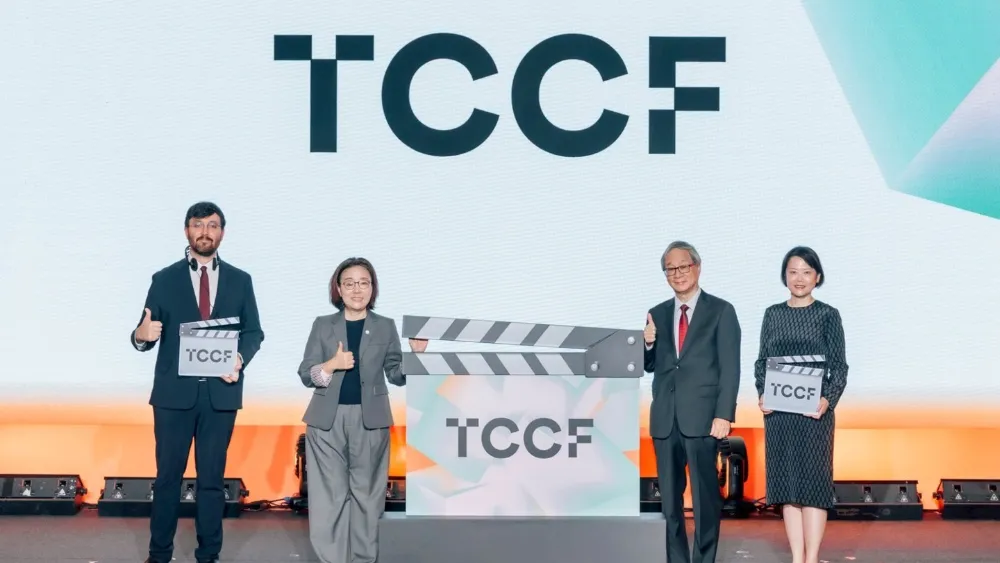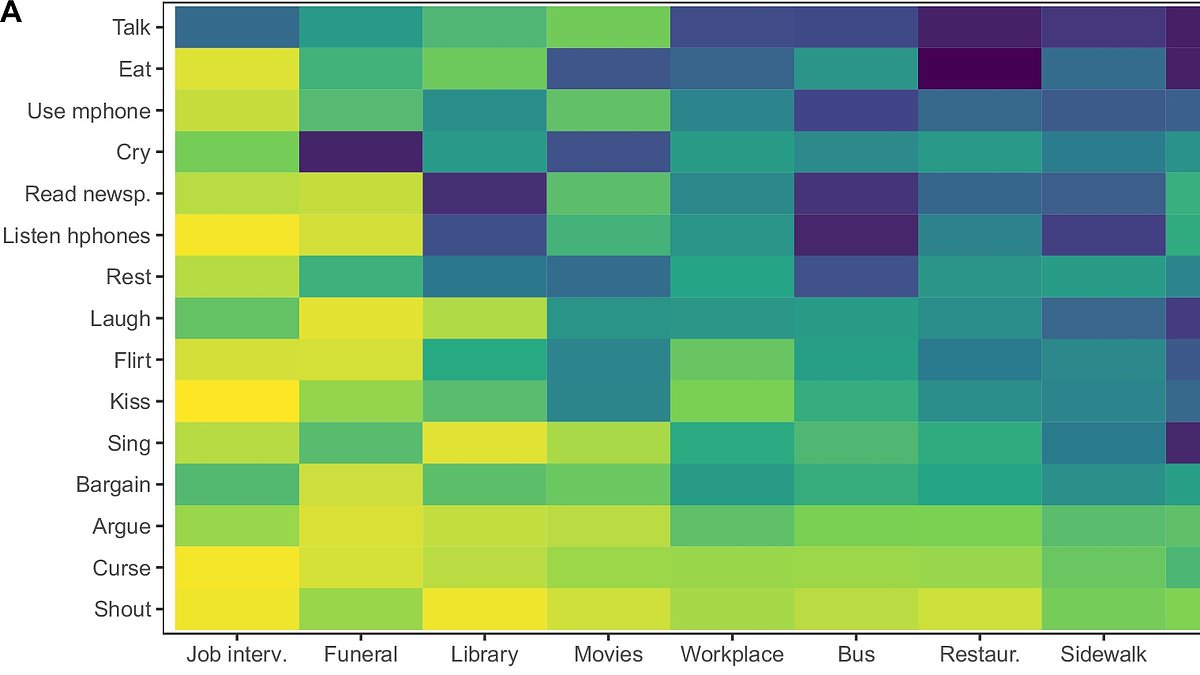Copyright Variety

The 2025 Taiwan Creative Content Fest (TCCF) kicked off with record-breaking international attendance and a major box office milestone, as Taiwan’s Minister of Culture Li Yuan revealed that local action thriller “96 Minutes” has crossed NT$200 million ($6.4 million) at the country’s box office. The achievement marks a dramatic turnaround for Taiwan’s film industry, which nearly collapsed in the early 21st century when local productions were earning less than NT$1 million per film. “If you know that situation, you’ll understand how we struggled for 10 to 20 years before Taiwan’s film and television industry rose again,” Li said during the opening ceremony. The market has drawn an unprecedented international contingent, with South Korea sending the largest delegation of nearly 100 representatives, followed by France with 80 delegates who also established a national pavilion. Delegations from Japan, Hong Kong, Singapore, Thailand and the Philippines are also attending, marking the highest number of participating countries, delegates and project pitches in TCCF’s history. Taiwan Creative Content Agency (TAICCA) chair Sue Wang attributed the breakthrough to collaborative participation across the industry. “This year’s TCCF has achieved a major breakthrough — whether it’s the number of participating countries, the number of delegations, or the number of proposals, all are at record highs,” Wang said. Li emphasized Taiwan’s growing international visibility, recounting a September meeting in France with CNC president Gaëtan Bruel, who expressed strong interest in Taiwan’s VR/AR capabilities. “He said France looks carefully at where to invest in each place, and Taiwan will definitely be a very important investment point globally in the future,” Li recalled. “When I saw him, I didn’t know if he was serious or not, but I felt Taiwan has finally been seen.” Li noted that Bruel delivered on his promise, bringing 80 delegates to the festival. Bruel attended the opening alongside Chilean Trade Office director Fernando Mariano Schmidt Hernández and executives from Chunghwa Telecom. The minister highlighted that Taiwan established TAICCA six years ago after recognizing that the content industry represents a strategic sector. Li outlined three critical directions for Taiwan’s content industry: cross-domain collaboration to build IP, embracing technology including AI and VR/AR in production methods, and international expansion. “Taiwan’s market of 23 million people cannot sustain our own film and television products,” he said. “Taiwan’s film and television workers work very hard to sell their films around the world.” Wang framed the moment as both challenging and exhilarating for content creators, producers and investors. “We’re facing a very interesting era where all cultural content paradigms are undergoing dramatic changes and major shifts,” she said. “The fixed time slots and single platforms we saw in the past no longer exist as restrictions on cultural content.” She described the current environment as “an era for risk-takers,” noting that while collaborations between creators, producers and investors carry high risks, they’re also full of excitement and possibility. Wang emphasized that IP development has evolved beyond single-format thinking. “It’s no longer about whether I want to make a movie or a TV series,” she said. “When an IP is created, you have to envision from the beginning what it can be. Every IP has no limits — it can be a technological product, it can be film and television, it can be performing arts, it can be graphic peripherals and so on.” TAICCA positions itself as a connector platform linking creators, producers, investors and international partners. Wang highlighted regional developments including France’s cultural assets combined with new technology, South Korea’s global Hallyu phenomenon, Japan’s strength in animation and manga adaptation, and Singapore’s commercial integration model. The minister noted that while many MOUs have been signed with countries including France, Japan and South Korea, realizing actual collaborations takes years of negotiation. “I hope that in this conference, we can realize many dreams,” Li said. Recent local films have also attracted international funding, a trend Li hopes will accelerate through platforms like TCCF. “I hope in the future, through occasions like TCCF, we can find many international friends to become our future allies and move toward the international market together,” he said. Wang closed by articulating TAICCA’s vision as creating “cultural content and creative industries that move people, excite people, and make people want to experience them in this new era.” “That is our common goal and common dream sitting here today,” she said. “I hope this dream can, through working together, one day be achieved as we welcome the road to that new era.”



